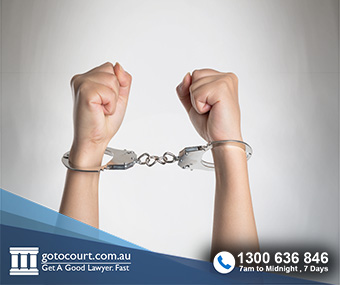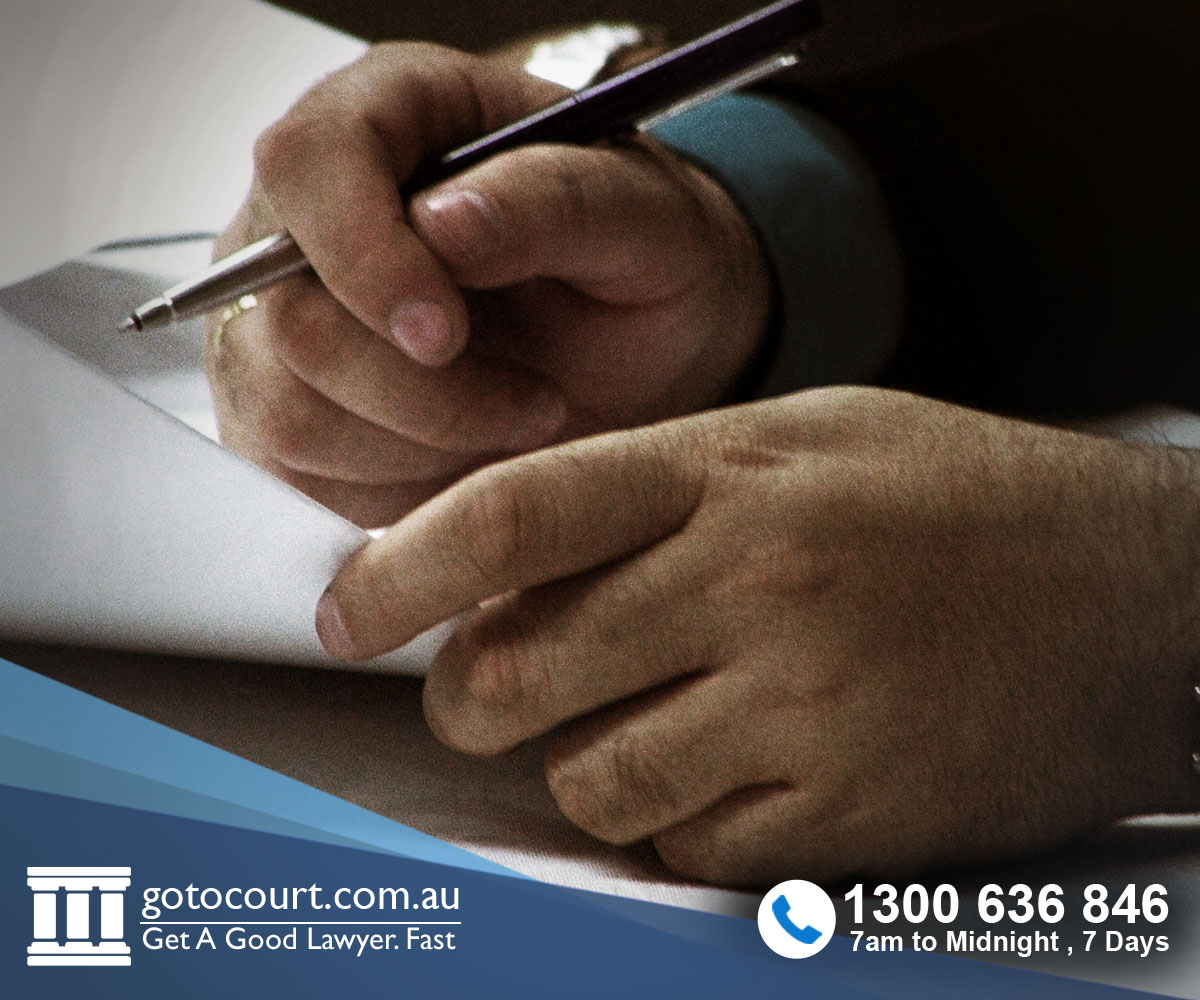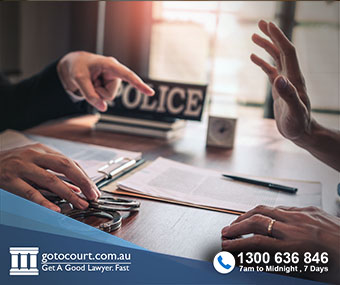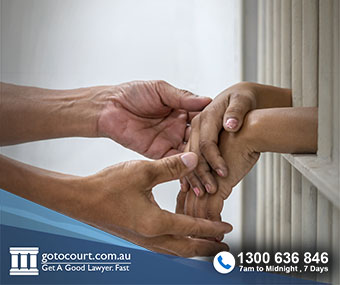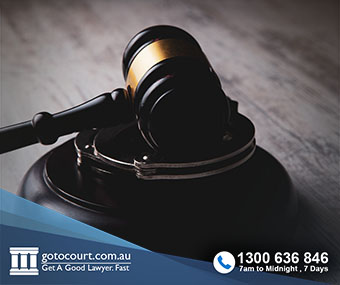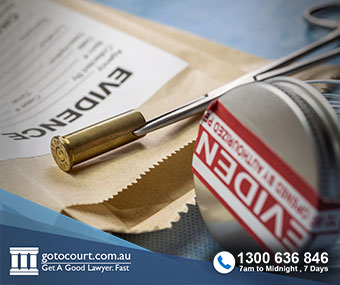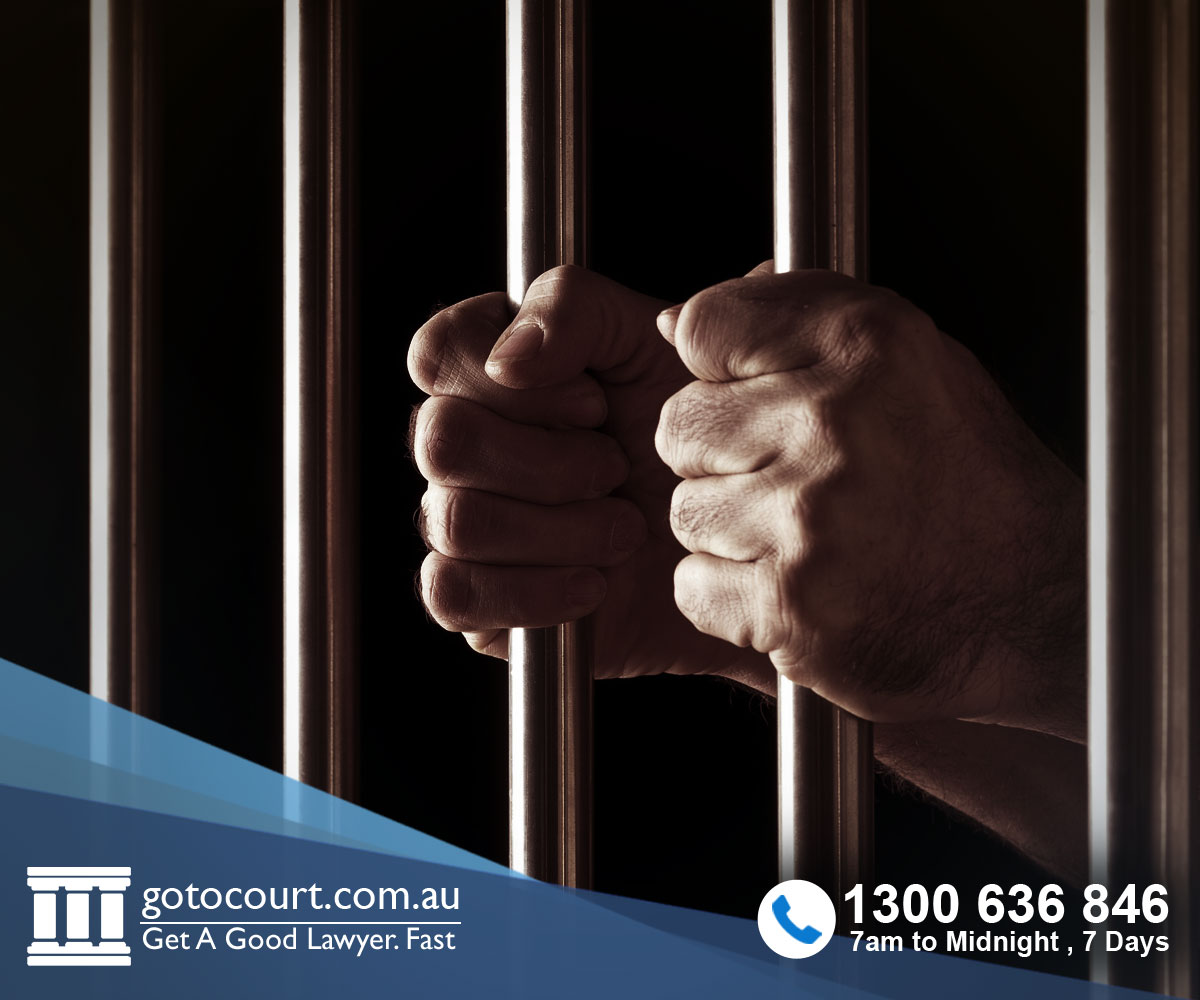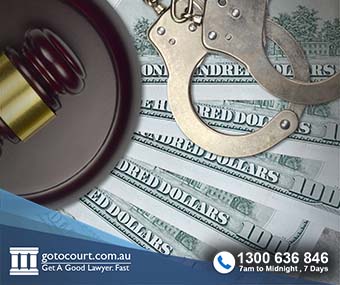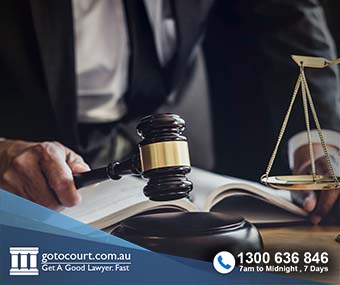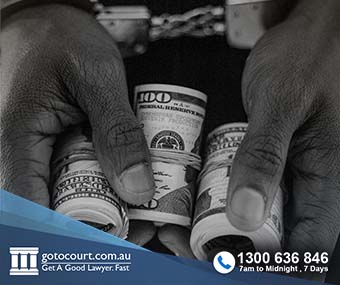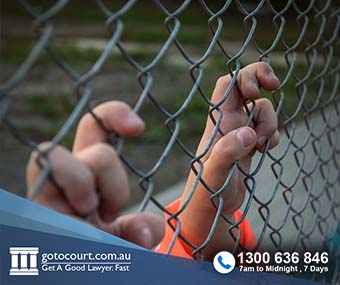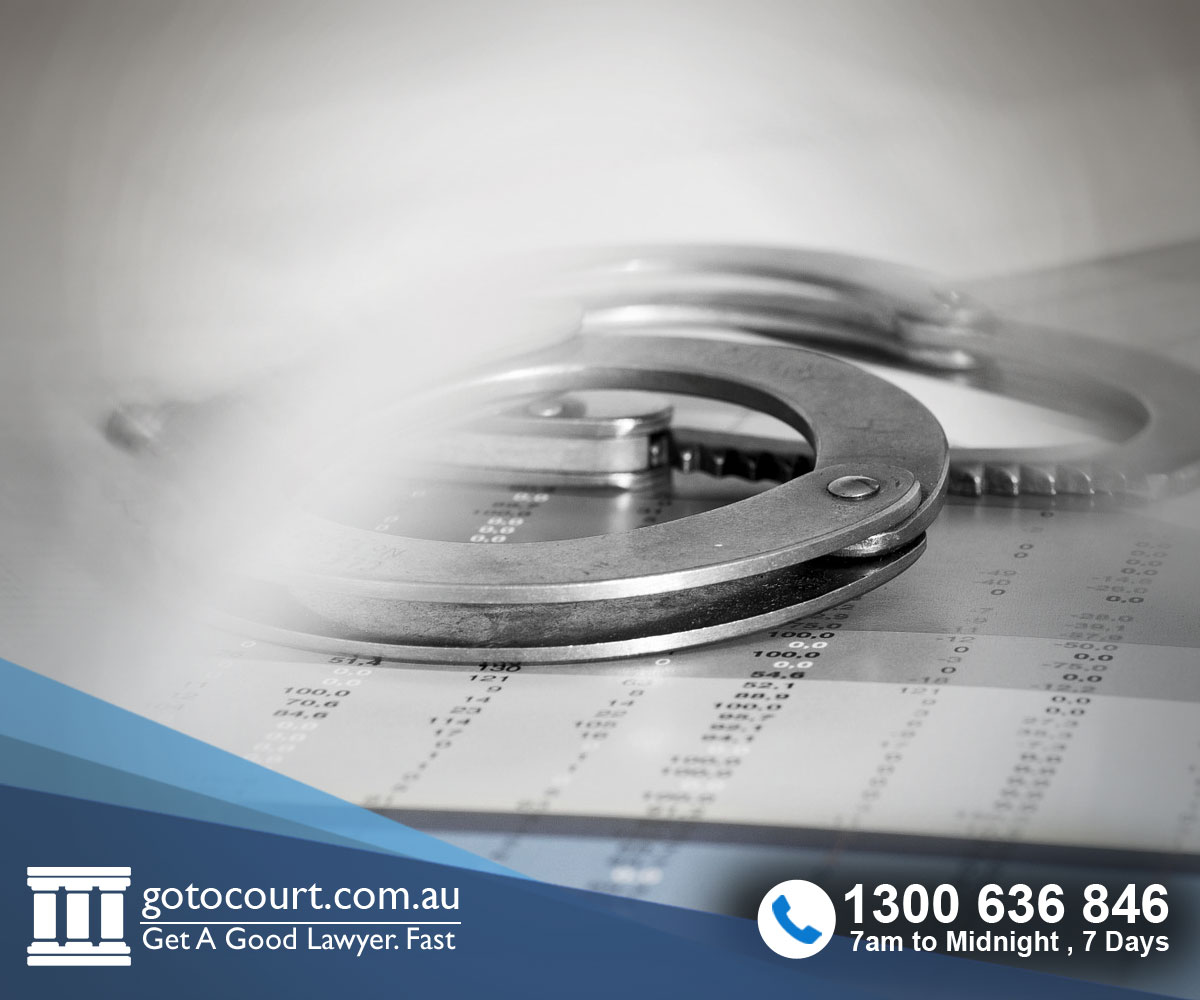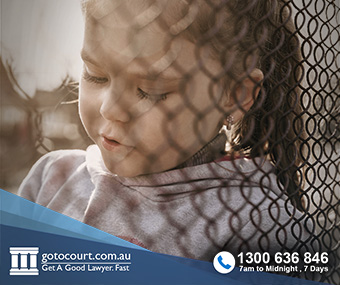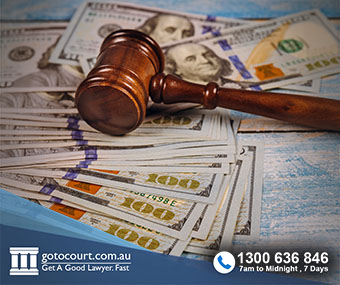Call our lawyers
now
or,
have our lawyers
call you
Breach of Bail in Tasmania
Updated on Nov 22, 2022 • 4 min read • 521 views • Copy Link
Breach of Bail in Tasmania
In Tasmania, bail is an undertaking that allows an accused person to be released from custody after being charged with an offence. A bail undertaking includes conditions that the person appear in court when required to and refrain from committing any further offences. There may also be further bail conditions, depending on the seriousness of the alleged offence and the history of the accused person. Bail can be granted by police and also by the courts. Breaching a bail is a serious matter with penalties including prison terms and fines. This article deals with breach of bail in Tasmania.
The law on bail in Tasmania is contained in the Bail Act 1994.
Offence of breach of bail
An accused person who is on bail and who, without reasonable cause, breaches their bail by not coming to court when they are required to, or by breaking any of the conditions of that bail is guilty of a criminal offence. They may be given a penalty of a fine up to $3,080.00 or imprisonment for up to 12 months, or both.
A breach of bail in Tasmania will also be recorded on a person’s criminal record and it will make it harder for them to get a grant of bail if they are charged with other matters in the future.
Arrest for breach of bail
If a police officer believes that an accused person has breached or will breach their bail then the police officer can arrest them. After they are arrested, the bail is suspended and the accused person must be taken before a court.
A justice or a judge of the Court of Criminal Appeal or the Supreme Court may issue a warrant for the arrest of an accused person who is on bail and who fails to appear at a court as required.
The court will hear from the police and the accused person. The court can then either restore the bail or revoke the bail. If the bail is revoked, the court can either remand the accused person in custody or make a fresh order for bail. That bail will usually have different conditions than the original bail and a fresh undertaking will need to be signed.
Forfeiture of surety
If an accused person on bail does not attend court when they are required to, then the court must order that any money that they or any other person has deposited or promised to forfeit in the bail must be forfeited to the Crown within a time that the court determines. An order to forfeit the monies can also be made if the accused person fails to comply with their bail conditions. The court can, after hearing from the person whose money it was, revoke or amend that order to be a part payment.
However, an application can be made by the person who has forfeited the money for the return of all or some of those monies. That application must be made within two months of the failure to appear, unless the court extends that time.[If an application is made to the court for forfeiture of the amount deposited or guaranteed by a surety a copy of the application will be served upon the surety. The surety will be given the opportunity to come to court for the hearing of the application. The court may order that some or all the amount is forfeited. If the amount is not paid the penalty will be enforced in the same way as a fine.
The court will consider the following:
- The extent to which, if at all, the surety had any fault in the breach of bail.
- How quickly the breach or expected breach was reported to police and how helpful the surety was in locating and arresting the accused person.
- If there have been any previous breaches of bail and how soon they were reported.
- Whether the surety can afford the loss of the money.
- Whether the accused person is still at large.
- Any other facts the court thinks are relevant.
If you require legal advice or representation in any legal matter, please contact Go To Court Lawyers.


Affordable Lawyers
Our Go To Court Lawyers will assist you in all areas of law. We specialise in providing legal advice urgently – at the time when you need it most. If you need a lawyer right now, today, we can help you – no matter where you are in Australia.How It Works








1. You speak directly to a lawyer
When you call the Go To Court Legal Hotline, you will be connected directly to a lawyer, every time.


2. Get your legal situation assessed
We determine the best way forward in your legal matter, free of charge. If you want to go ahead and book a face-to-face appointment, we will connect you with a specialist in your local area.


3. We arrange everything as needed
If you want to go ahead and book a fact-to-face appointment, we will connect you with a specialist in your local area no matter where you are and even at very short notice.

